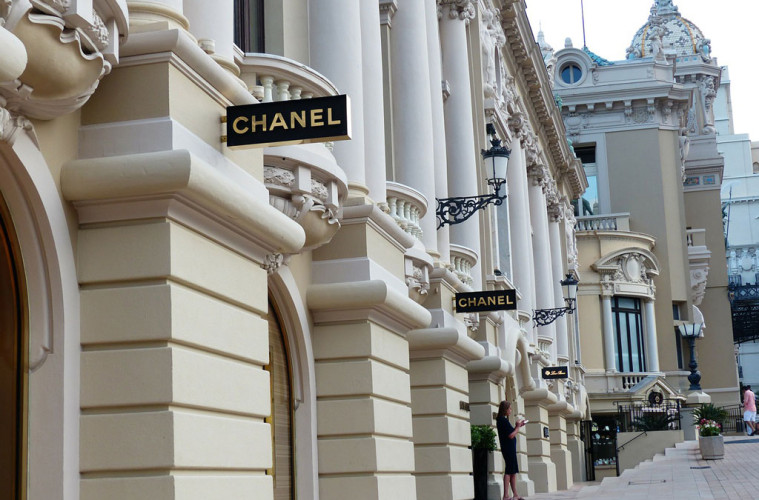Brands Brands Brands, we’re surrounded by them. One cannot simply walk to the shop and go to pick up a box of cereal. You reach the shelf and there are about 5 different brands of cornflakes, ranging from £0.40 to £3.29. Many people would go for the branded version such as Kellogg’s, in which I do the same, but why do we do this?
I myself am extremely guilty for owning luxury brands, ranging from Mercedes-Benz to Louis Vuitton products. If you are fortunate enough to have these luxury brands, I’m sure that you would most certainly appreciate their quality, however, at the end of the day we are just paying for a label.
Let me ask you this: why would someone drive a BMW? Because perhaps its practical? Because it is economic? Or because they like the way that it looks? No; it is to show people that they are wealthy, successful, important, or that they belong to a certain social class – but, at the end of the day, a car is a car. It gets the passengers from A to B.
In perspective, why would a someone buy a Louis Vuitton bag that costs £2000? Is it because they liked the way the bag looked? Because I’m sure that there are lots of good looking fashionable bags out there that only cost £100. It is mainly because this person also wants to send a certain message to people, similar to the message the person driving the BMW wants to send.
Sometimes buying high class brands is done because people are afraid of judgements that are placed upon them. For instance, why should people who shop in a lower end supermarket be labeled and compared to people who shop in higher end supermarket.
An item’s cost is not the best indicator of its true value, and especially not its value to the owner. This can relate to the quote “one man’s rubbish another man’s treasure”. Yet, to this current day, we let the price of a product determine how we feel about it subconsciously. A higher priced item usually stirs up more enthusiasm and excitement for the appreciation than something with a lower cost.
This inherent bias has a simple and challenging solution. We need to make a huge effort to establish our own value for things, irrelevant of their cost. This is because if you love your – for instance – IKEA couch, and it does the job of giving you a place to sit, then it has just as much worth to you as a really fancy sofa that costs ten times more.
“It’s good to have money and the things that money can buy, but it’s good, too, to check up once in a while and make sure that you haven’t lost the things that money can’t buy.” – George Lorimer





